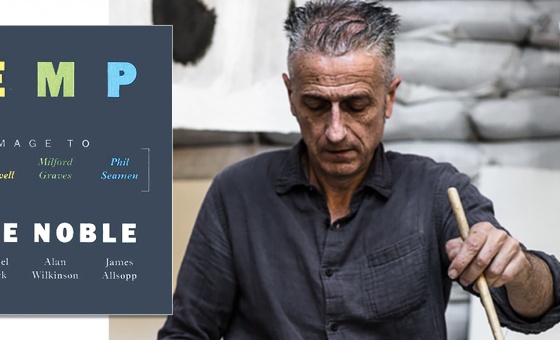This is the last article you can read this month
You can read more article this month
You can read more articles this month
Sorry your limit is up for this month
Reset on:
Please help support the Morning Star by subscribing here
MOROCCO’S admission to the African Union marks a sad day for the African unity principles on which the AU and its predecessor the Organisation of African Union (OAU) were set up.
Rabat excluded itself from the OAU in 1985 in a fit of pique over the continental body’s decision to recognise the Sahrawi Arab Democratic Republic (SADR) proclaimed by the Sahrawi people’s Polisario Front liberation movement. Rather than accept SADR independence, following the Polisario-led struggle against Spanish colonialism, the Moroccan monarchy annexed its small neighbour.
The Sahrawi people have never accepted the reduction of their struggle to simply a transfer from Spanish to Moroccan domination. Thus far they have been able to count on the solidarity of the entire African continent, but this has been sacrificed on the altar of Moroccan wealth. Neither OAU nor AU has sustained itself on funds generated within Africa itself, partly because of the continent’s impoverishment at the hands of European colonialism, partly because of inept and corrupt post-independence leadership and partly because of member-state leaders’ accommodation to imperialism.
Libya, under Muammar Gadaffi, was a major contributor to AU both on principled and opportunistic grounds, but that country’s present basket-case status, courtesy of Nato military meddling, has ended that source.
Some estimates put the current level of non-African funding at 70 per cent of AU spending, making all manner of political interference possible.
Morocco has a record of military co-operation with former colonial power France and the US and, while it denies trade ties with Tel Aviv, Israeli products are openly available there, undermining the boycott, disinvestment, sanctions (BDS) campaign urged by Palestinian leaders and people.
Imperialism has always relied upon pliable elements within liberation movements and revolutionary organisations to help achieve its aims.
The role of Morocco in undermining the Sahrawi freedom struggle has placed it in direct opposition to those such as South Africa and Algeria that have stood by Polisario. Sahrawi ambassador to the AU Lamine Baali draws comfort from the fact that the “compromise” agreement surrounding Morocco’s admission provides for ongoing AU membership for the SADR.
“All the debates were focused on that Morocco should respect the internationally recognised border of Western Sahara,” he stressed. It is difficult, however, to imagine that Rabat, which upheld its annexation of Western Sahara while outside OAU/AU membership, will fall in line with AU policy now that it is inside the body and, given its wealth, wielding political influence within it. The AU has to explain how it intends to give effect to its own recognition — and that of the United Nations — of the Sahrawi people’s right to democratic self-determination and independence.
Solvent hash
OUT of all private train-operating companies making a hash — albeit a very profitable hash — of our railways, Southern has distinguished itself as the worst.
Overcrowding, late running and general unreliability have plumbed new depths and mirrored a chaotic approach to industrial relations. It beggars belief that the company could choose, in the middle of TUC-mediated discussions with train drivers’ union Aslef, to withdraw safety accreditation from onboard supervisors (OBS) represented by rail union RMT.
This madcap decision reflects a management obsession to impose driver-only operation whatever staff, their unions or passengers think about it. The company could not get away with this nonsense but for backing from the government, which appears to relish the possibility of a dispute of such proportions as to generate a “who runs the country?” controversy. Passenger safety is too important to be gambled by a cowboy management and government.
We need your support to keep running. If you like what you read please donate by clicking here






